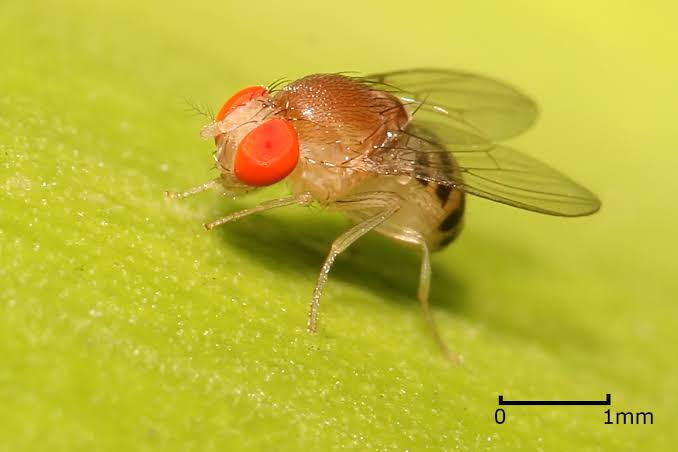Science & Technology
5th Edition of Global Drosophila Conference at Pune
- 06 Jan 2020
- 4 min read
Why in News
The fifth edition of the Asia Pacific Drosophila Research Conference (APDRC5) commenced at Pune on January 6 for a period of five days.
- The conference is being organised in the country for the first time by the Indian Institute of Science Education and Research (IISER).
- The last four editions of this conference took place in Taipei, Seoul, Beijing and Osaka.
Key Points
- It is a biennial conference and it aims to promote the interaction of Drosophila researchers in the Asia-Pacific region with their peers in the rest of the world.
- It brings together scientists from all over the world who use the fruit fly, Drosophila, as a model organism to address basic and applied questions.
- The event will have foreign and Indian delegates. Two Nobel laureates, professors Eric Wieschaus and Michael Rosbash, known for their seminal contribution to the field of developmental biology and chronobiology respectively, will also attend the conference.
- Prof. Wieschaus, an American evolutionary developmental biologist, shared the Nobel Prize in Physiology in 1995 with Edward B. Lewis and Christiane Nüsslein-Volhard for his work on the genetic control of embryonic development.
- Prof. Rosbash shared the Nobel Prize in 2017 in Physiology along with Michael Young and Jeffrey Hall for their discoveries of molecular mechanisms controlling the circadian rhythm.
- Drosophila

- Drosophila is derived from the Greek word drósos which means dew loving.
- These belong to the Droso–philidae family and are most frequently known as fruit flies or vinegar, wine or pomace flies.
- Their main distinguishing character is that they stay on ripe or rotten fruits. There is another related family Tephritidae, also called true fruit flies or fruit flies but these feed primarily on unripe or ripe fruits.
- Drosophila is one of the most widely-used and preferred model organisms in biological research across the world for the last 100 years. A lot of discoveries in biology have been made using this.
- Its genome is entirely sequenced and there is an enormous amount of information available about its biochemistry, physiology and behaviour.
Indian Institute of Science Education and Research System
- It is a network of institutions devoted to science education and research.
- These were set up on the recommendations of the Scientific Advisory Council to the Prime Minister under the chairmanship of Professor C.N.R. Rao.
- In 2013, Professor C.N.R. Rao became the 3rd scientist after C.V. Raman and A.P.J. Abdul Kalam to receive Bharat Ratna.
- There are seven such institutes established in Bhopal, Kolkata, Mohali, Pune, Thiruvananthapuram, Tirupati and Berhampur.
- The vision of these institutes encompasses the creation of research centres of the highest calibre where teaching and education in the basic sciences are integrated with state-of-the-art research.
- These institutions are devoted to under-graduate and post-graduate teaching in the basic sciences in an intellectually vibrant atmosphere of research.
- IISER is very strong in Drosophila research in India.





-min.jpg)